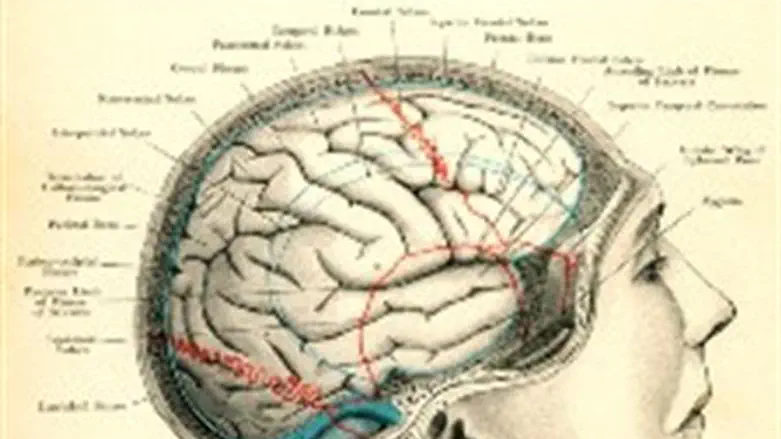
A team of scientists at Tel Aviv University is working on a project that involves implanting a computer chip into the brain in order to treat conditions such as depression and Parkinson's disease.
Professor Matti Mintz, a member of the Psychobiology Research Unit at the Department of Psychology, is part of a European consortium that is working on issues relating to neurophysiology, human behavior and mental health.
TAU colleague Professor Yossi Shaham-Diamond is also involved, working on the issue of adding sensors while miniaturizing the size of the deep brain electrodes used to deliver the stimulation. Two other TAU scientists, Professor Hagit Messer-Yaron and Dr. Mira Kalish, are also involved in the project as well as partners from Spain, Austria and England.
The Rehabilitation Nano Chip (ReNaChip), as it is called, is designed to help doctors connect computer software to the brain. If it is successful, the chip will deliver deep brain stimulation precisely to the areas where it is needed. It is hooked up to tiny electrodes implanted directly into the brain – only the electrodes are implanted. The chip itself can be placed just under the skin, “like pacemakers for the heart,” explained Mintz, “ensuring the brain is stimulated only when it needs to be.”
However, scientists are working towards a chip that can be made small enough to be “etched” on to the electrodes themselves, rather than have to be hooked up.
It is hoped that such technology may someday be used to treat neurologically-based conditions such as depression, Parkinson's disease and possibly diseases involving damage to specific areas of the brain.